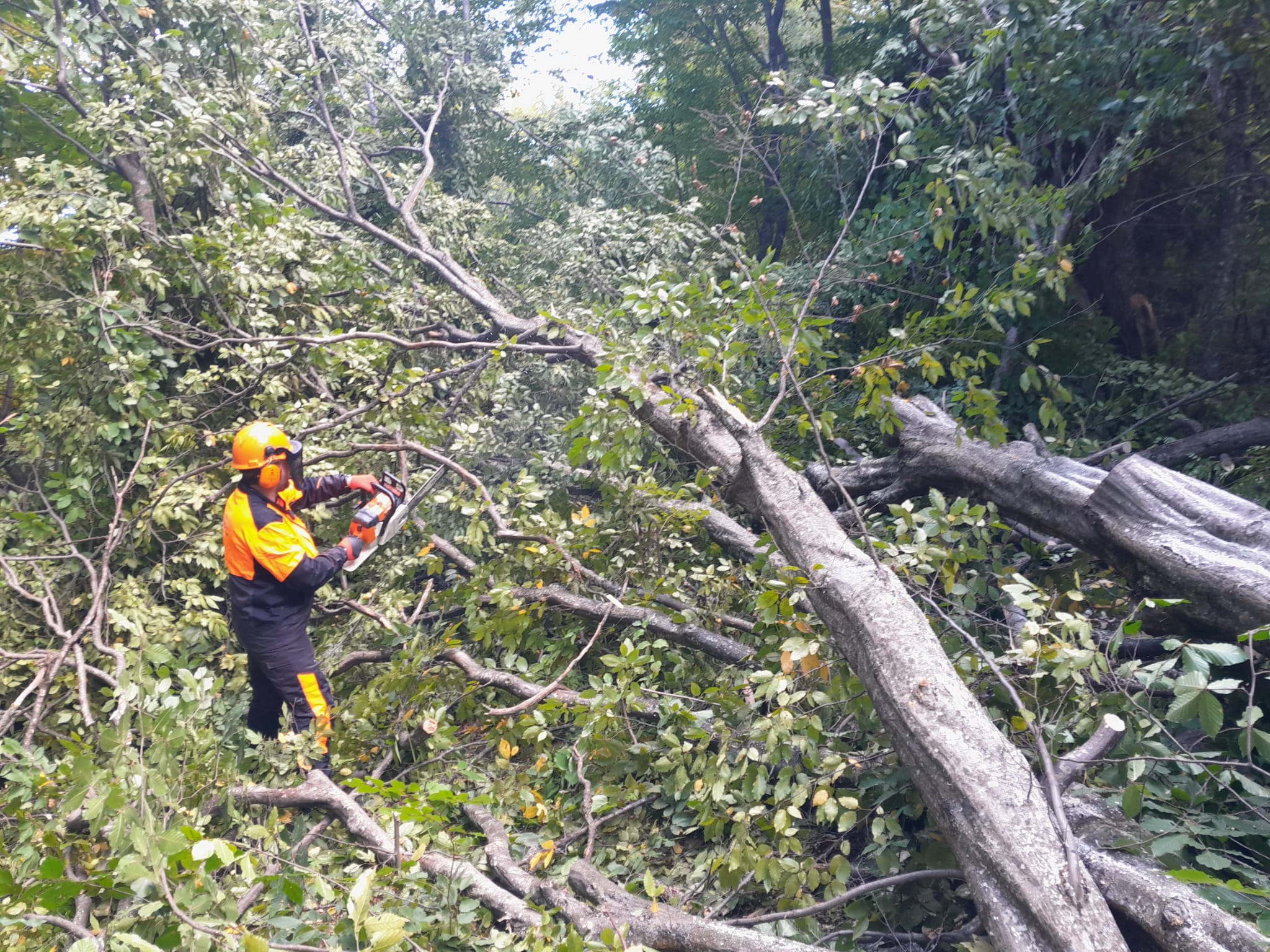
Green Transformation Georgia (ECO.Georgia) – Ecosystem-Based Forest Management & Forest Road Planning and Construction
Timeframe
Duration
As of
Sustainable
Development
Funded by:
GIZ / GTZ

Introduction
Climate change impacts and the demand for fuelwood from rural population put significant pressure on Georgia’s forests: up to 90% of rural households (1.43 million people) rely on fuelwood for their energy needs. Fuelwood demand exceeds sustainable harvesting levels, considering reduced productivity of many forests in the country because of extensive forest degradation. This forest degradation leads to a loss of carbon absorption capacity. In 2013, the Georgian government therefore initiated a comprehensive forest sector reform.
The Project
The project “Enabling the Implementation of Georgia's Forest Sector Reform - ECO.Georgia” supports the Government of Georgia to implement its transformational forest sector reform agenda to put the entire nation’s forests under the framework for Sustainable Forest Management (SFM). The purpose of developing the policy and management level criteria and indicators for SFM was to im- prove the quality of forest management, and to ensure the use of forest re- sources that maintains forest biodiversity, productivity, regeneration capacity, vitality, and relevant ecological, economic, and social functions.
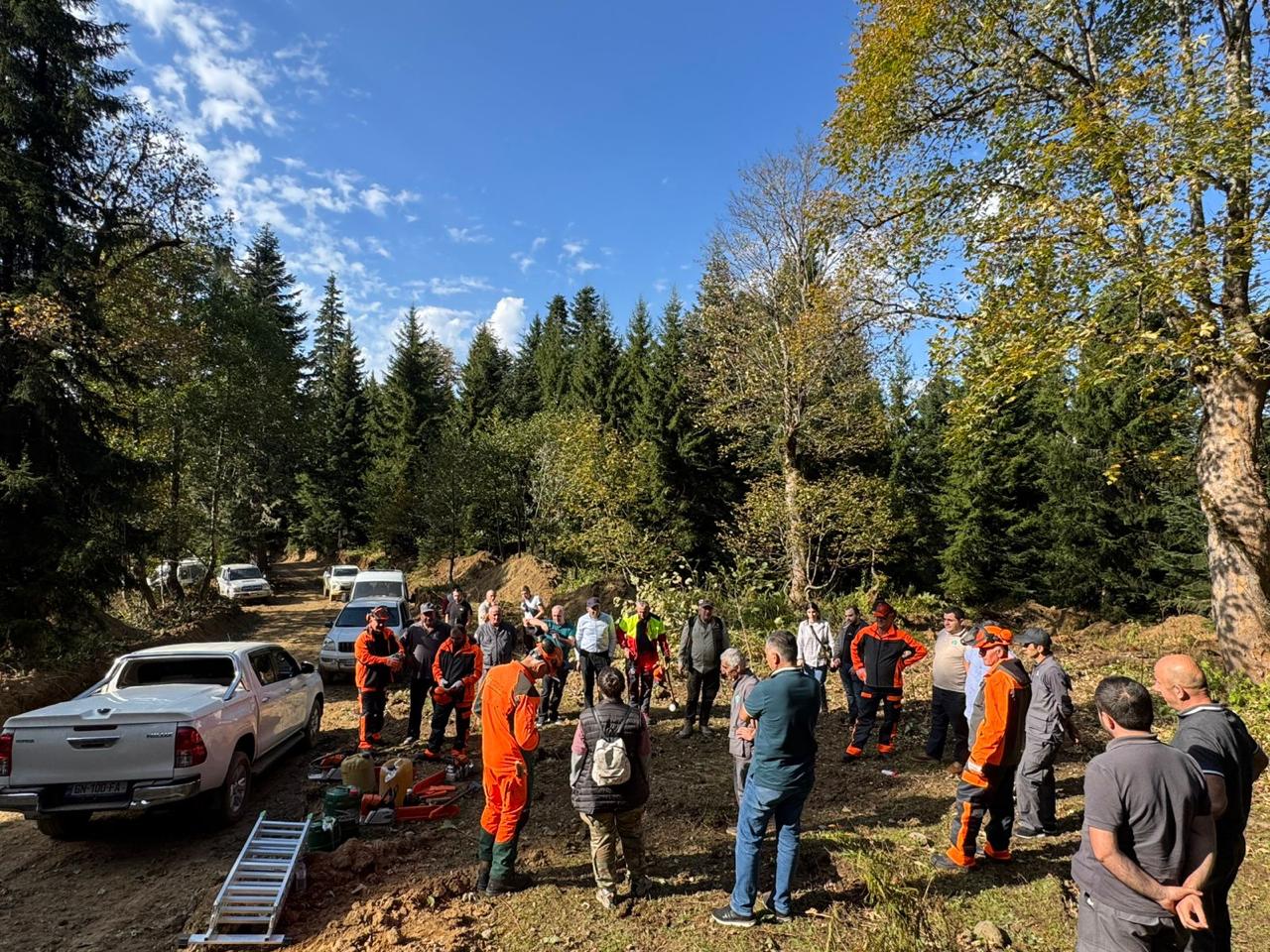
Project Objectives
The objective of the assignment is to develop capacities of the project implementation partners and other involved parties such as private sector through different types of trainings in two fields of ecosystem-based forest management:
- Silviculture/practical forest management and
- Reduced impact logging and skidding.
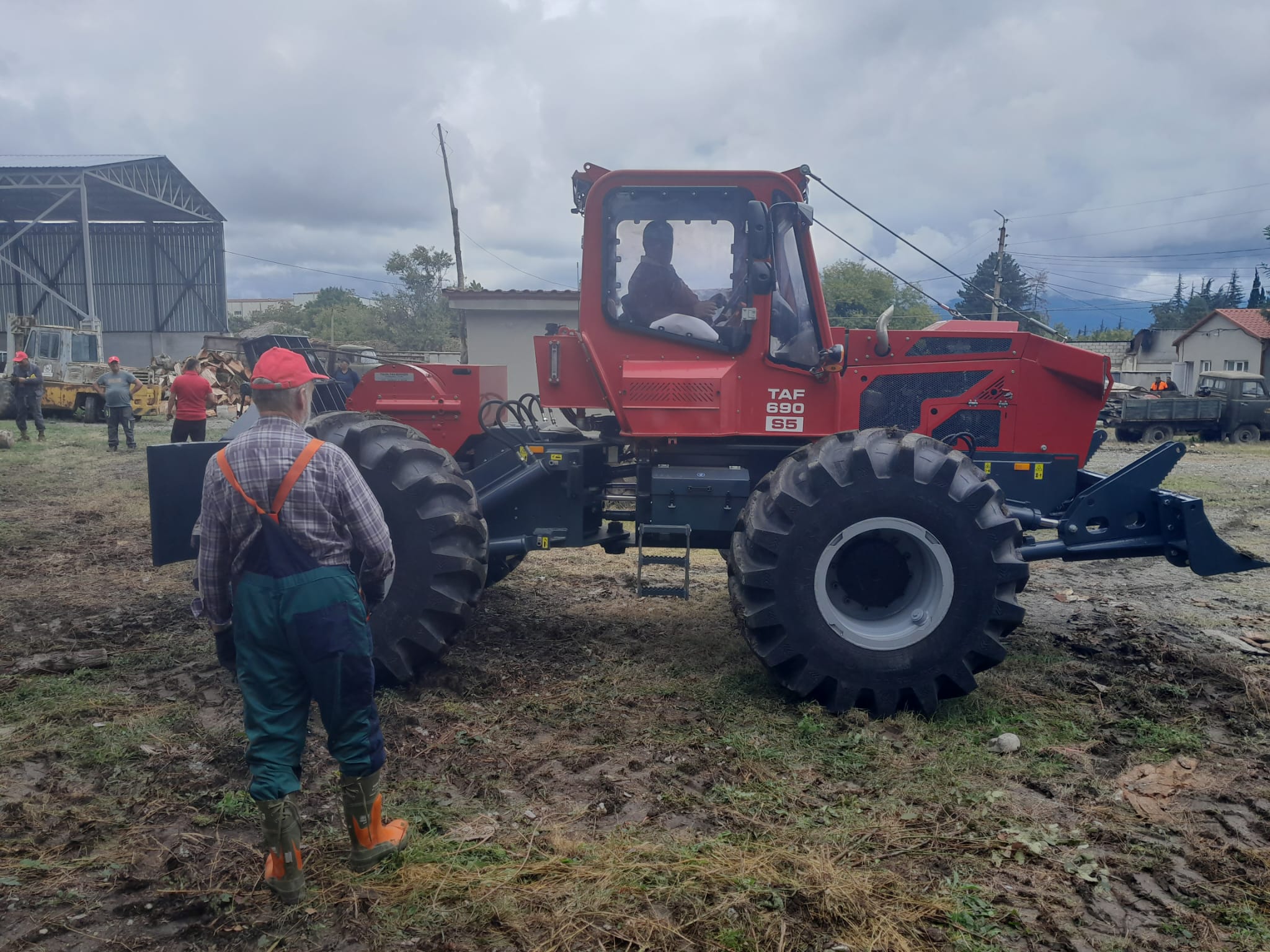
Our Contribution
Enhancement of enabling environment for the nation-wide implementation of sustainable forest management (SFM)
- Development of training concepts
- Organization of lecture sessions
- Development of training modules (including a theoretical part for self-learning to be uploaded to an e-learning platform and a field part)
- Conduction of meetings & excursions
- Conduction of field trainings
- Conduction of machinery trainings
- Preparation and elaboration of written recommendations
Project Partners
The partners include the Ministry of Environmental Protection and Agriculture (MEPA) and its downstream authorities as well as the specialised authorities of the regions and districts.
Project is aligned with the following SDGs
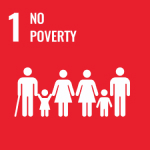
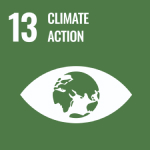
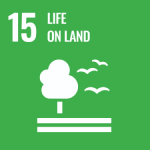
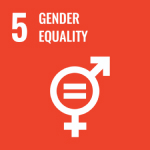
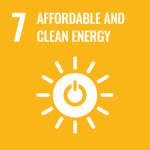
Get in touch
More Information
Let us join forces in creating a more sustainable and just world. Contact us today - we'd be glad to serve you.
info@dfs-online.de